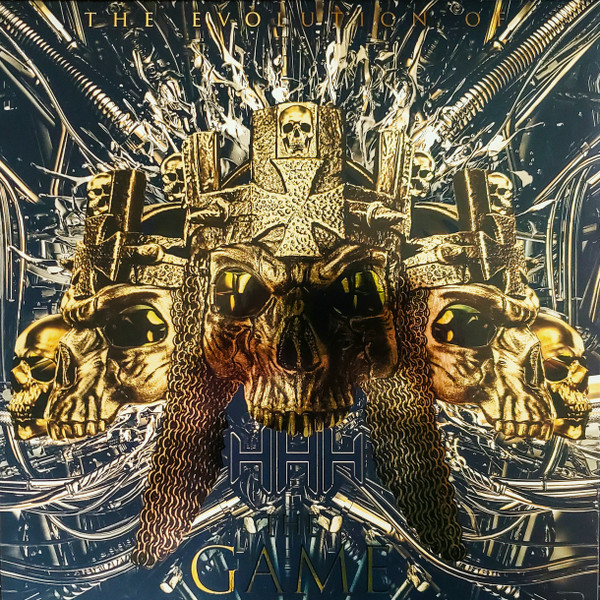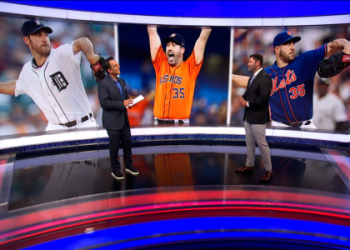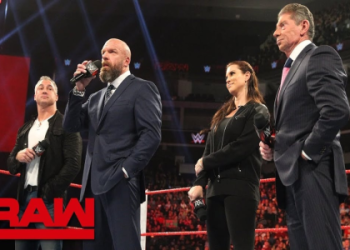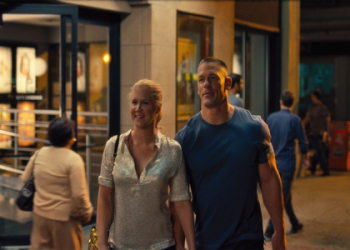Alright folks, gather ’round! Today, I’m spillin’ the beans on somethin’ I’ve been diggin’ into lately: Triple H’s gimmick. Now, I ain’t no wrestling historian, but I’ve been watchin’ this guy evolve for years, and figured I’d jot down my thoughts on it all.
First off, let’s rewind. I remember HHH as this preppy, blue-blood kinda snob, right? Hunter Hearst Helmsley. Total opposite of what he became later. I think it was after that whole “Curtain Call” thing that he needed a change. They stripped the Intercontinental Title from him, and he went away for a little bit.
When he came back, it was different. He started getting edgier, meaner. He joined DX, and that’s where things really took off. The whole “attitude” thing, the rebellious stuff, that fit him like a glove. They ditched the fancy stuff and just started acting like hooligans.

Then came the evolution into “The Game.” That’s when he really locked in the ruthless, cerebral assassin persona. He was still a bad guy, but he was also smart, strategic. You knew he was always thinkin’ a few steps ahead. I mean, he started calling himself “The Cerebral Assassin”, that’s when things got real interesting. I watched him start incorporating more technical wrestling, more psychology into his matches. It wasn’t just about being a big brute, it was about outsmarting his opponents.
Now, the transition to “The King of Kings” was kinda interesting. That seemed to coincide with him marrying Stephanie McMahon. Suddenly, he was part of the establishment, but he still kept that edge. He was power-hungry, controlling, but also a top-tier performer. I think being in that position, both on and off-screen, gave him a different kind of authority. It made his character feel more legitimate.
And then, the final evolution, the corporate Triple H. Stepping into a backstage role, mentoring younger talent, and even wrestling occasionally. It’s almost like the gimmick has come full circle. He’s still got that intensity, that aura, but now it’s channeled into shaping the future of the business.
What I got out of all of this? It’s not just one thing, one simple explanation. It’s a constant adaptation, a willingness to change and evolve with the times. He always kept a bit of that core ruthlessness, but he layered on different aspects as his career progressed. And that’s what made it believable, what kept people hooked.









